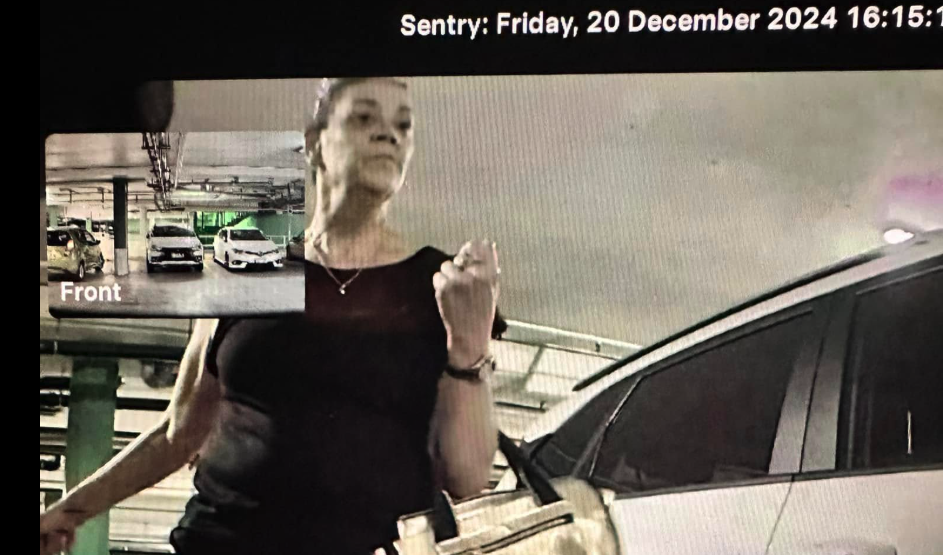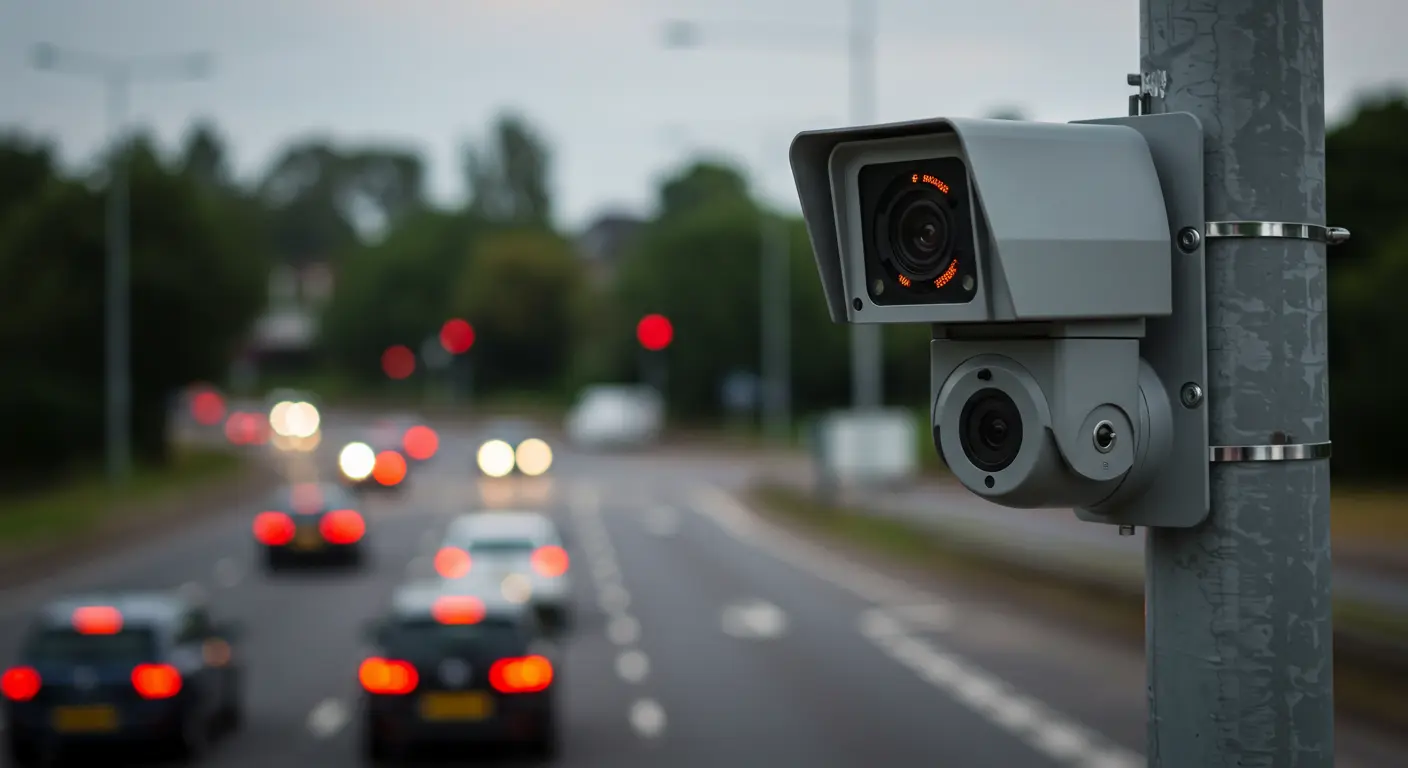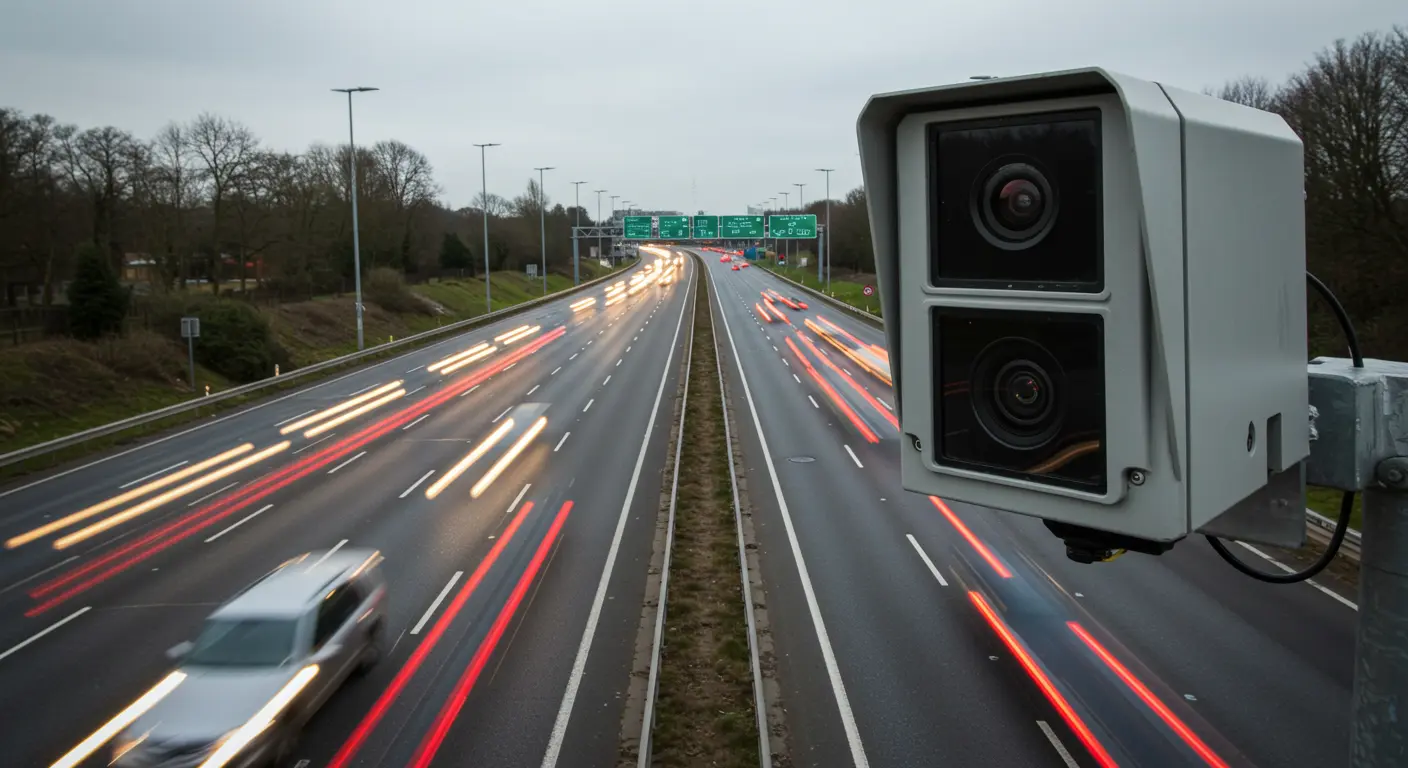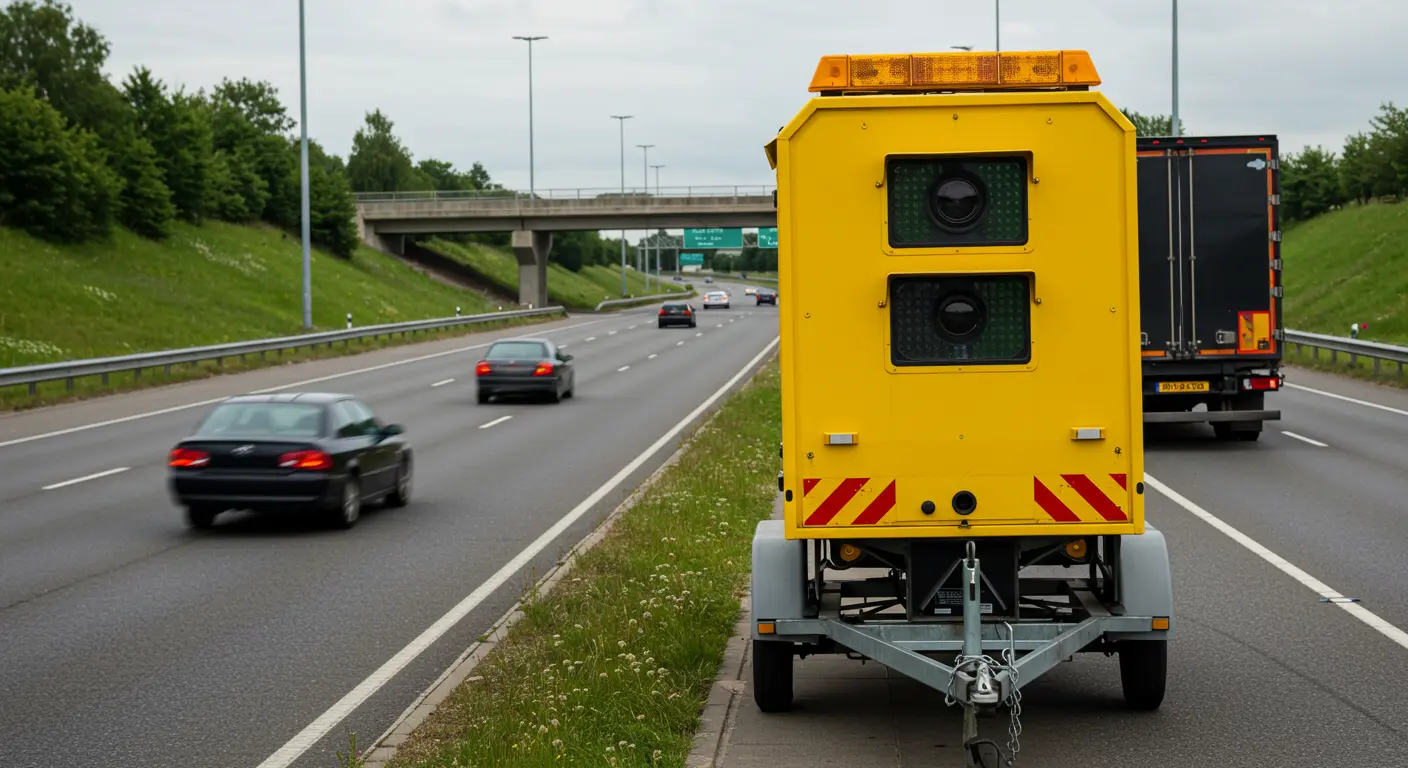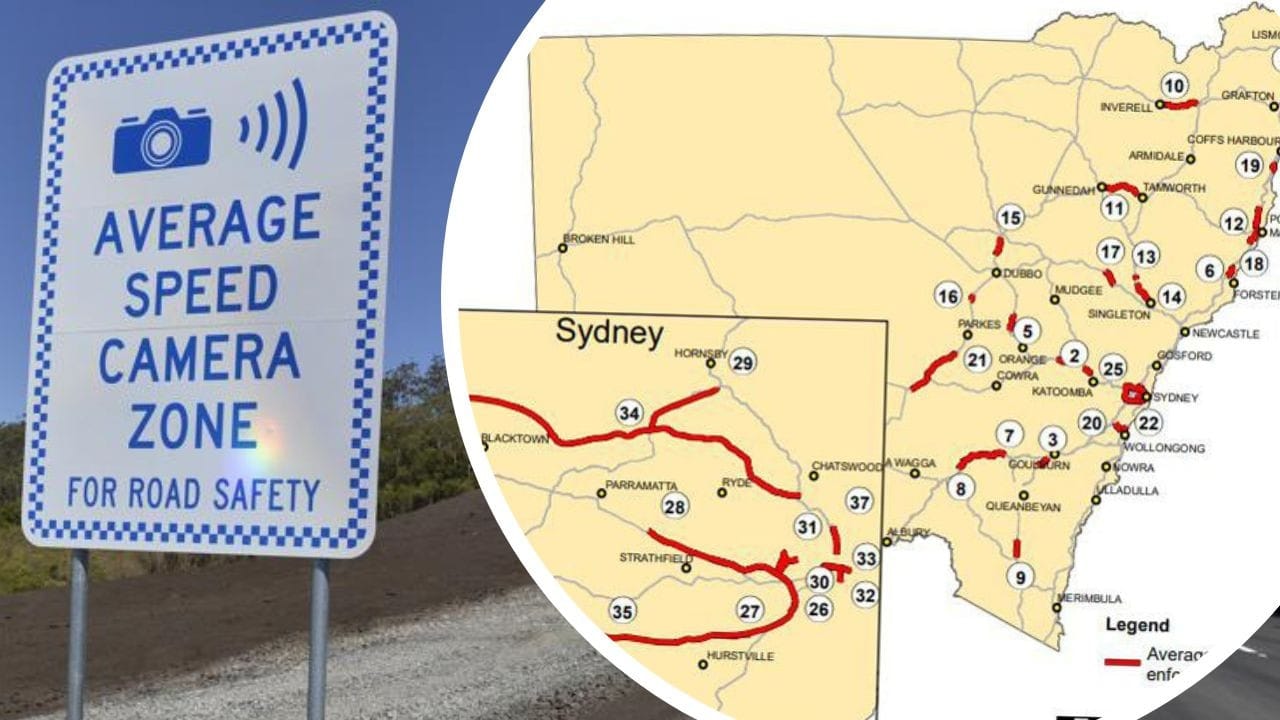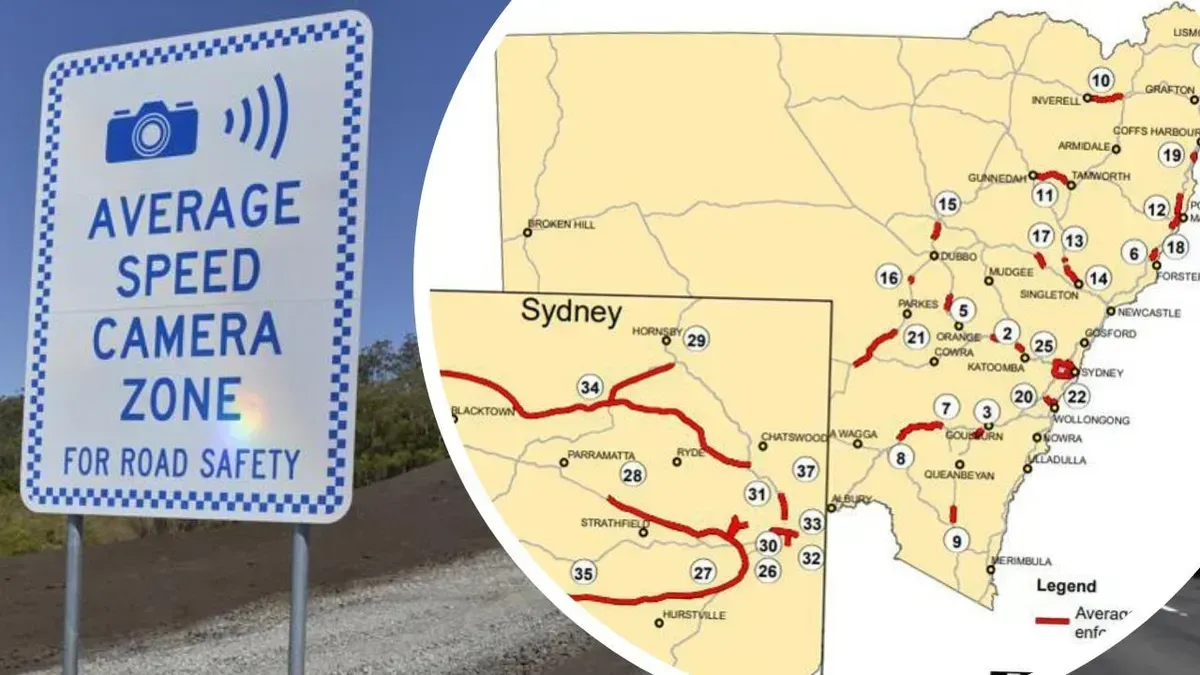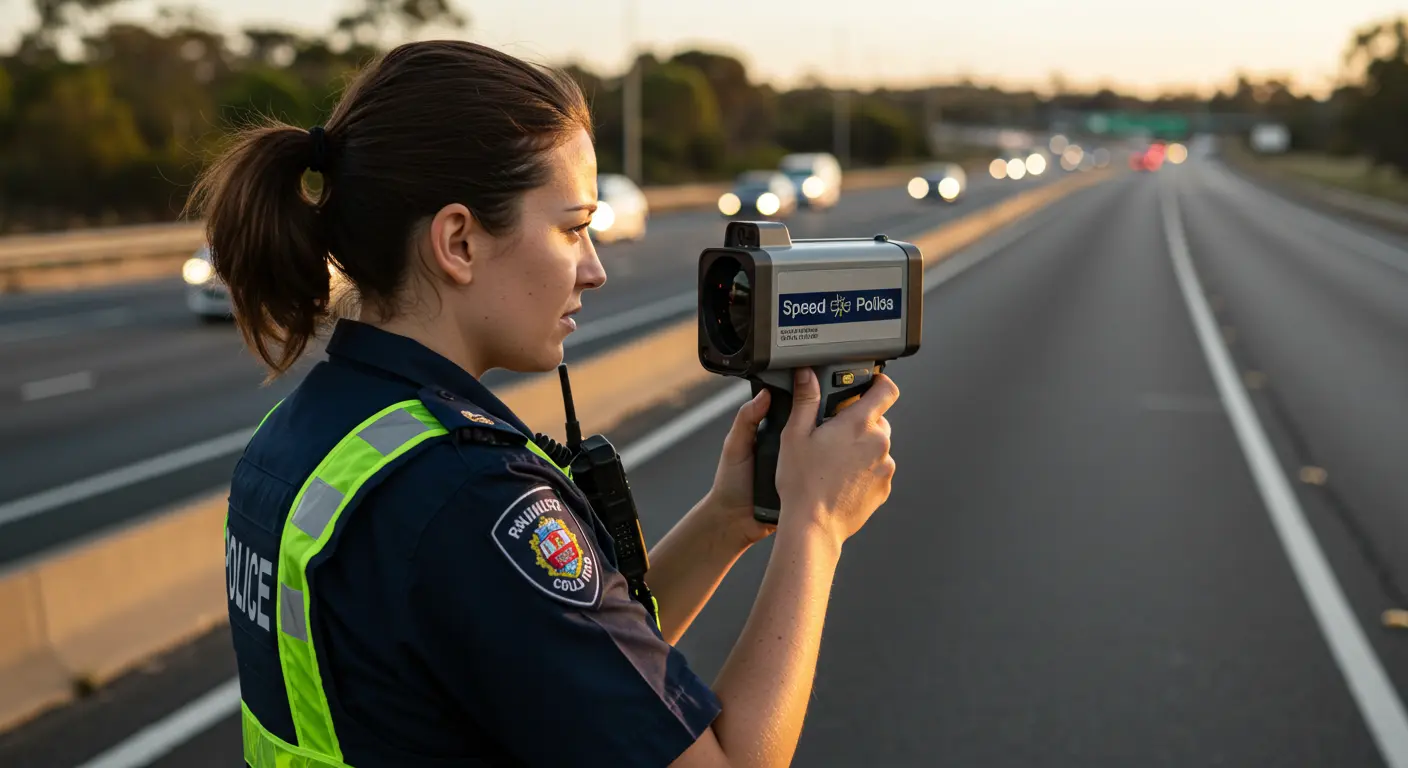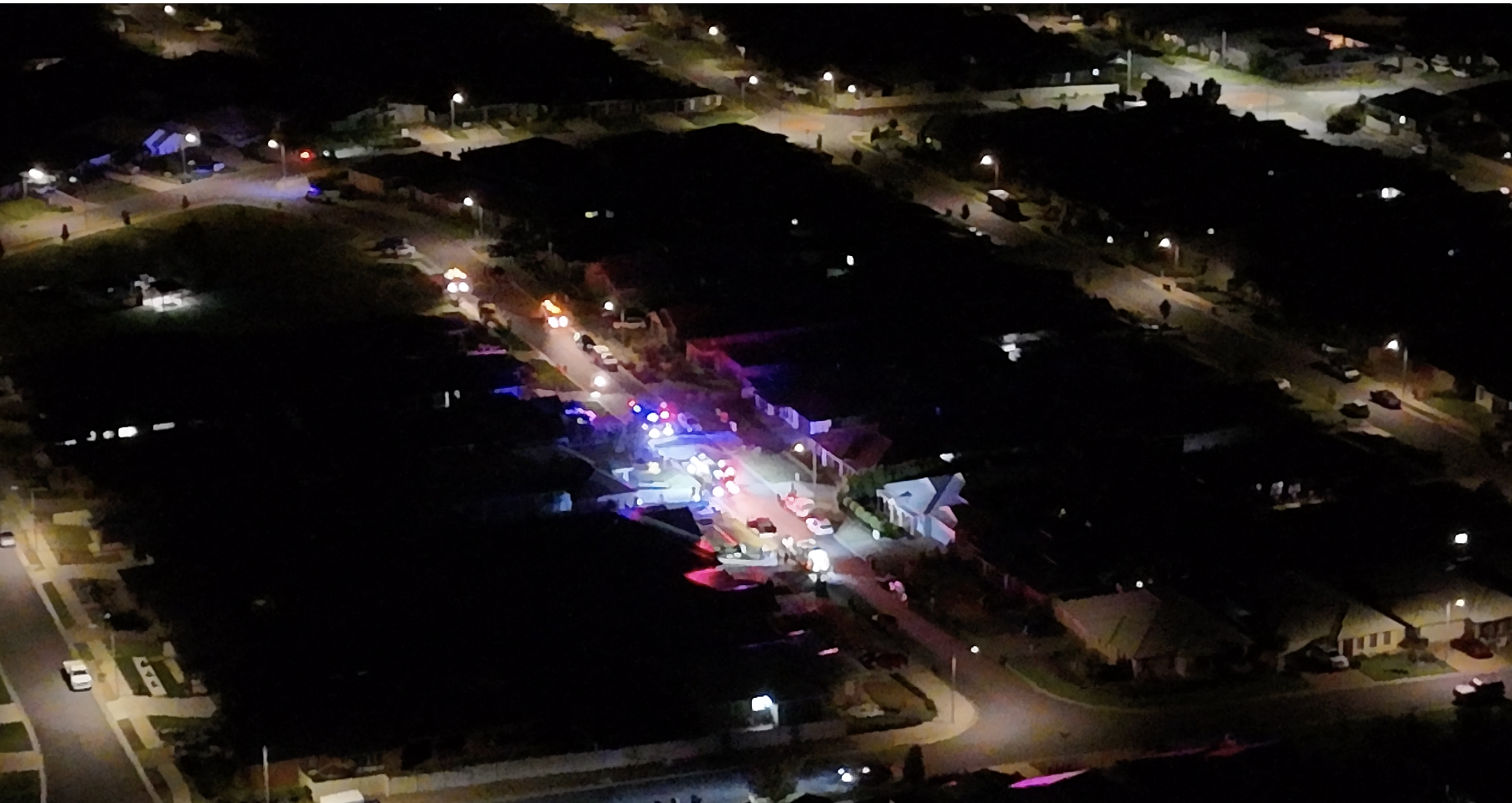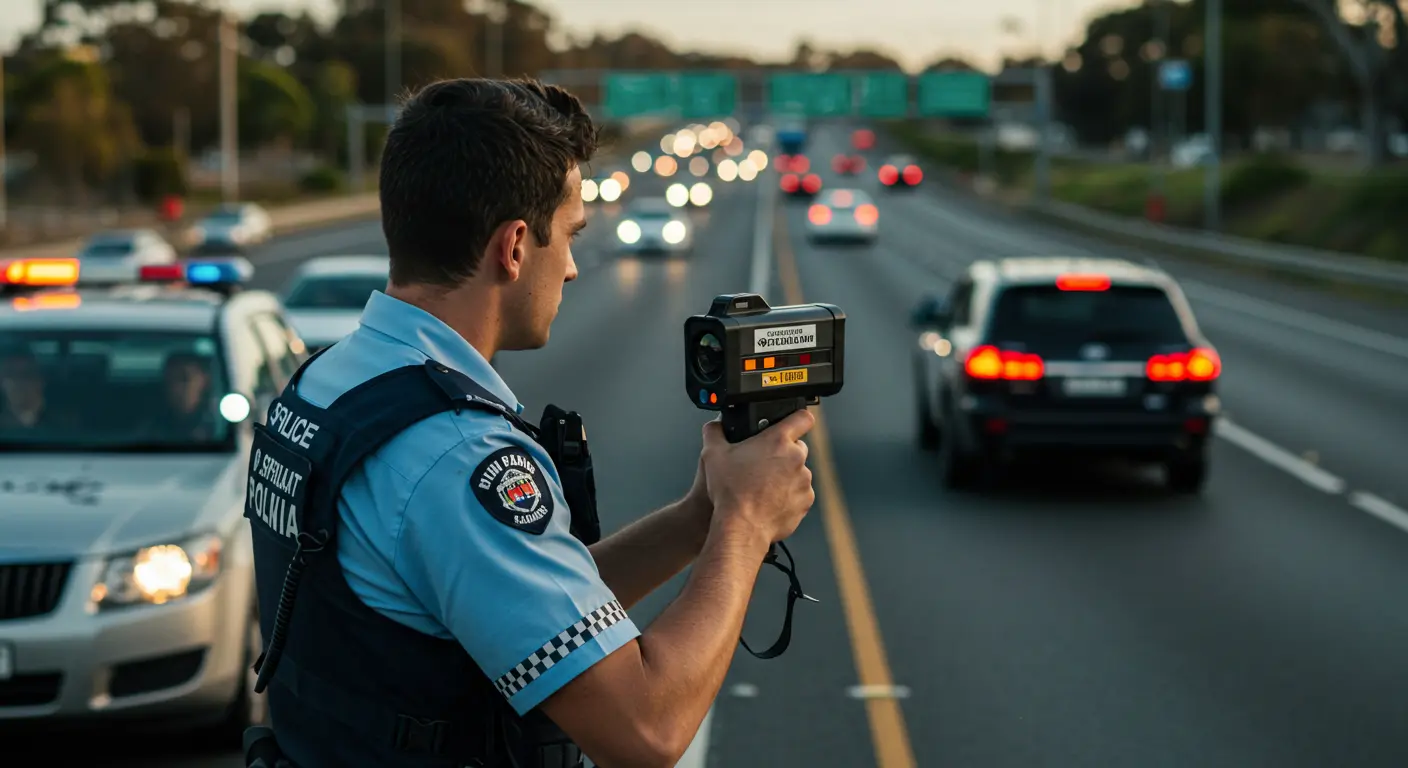Queensland drivers will soon face steeper fines, with the state government confirming a 3.5% increase across all penalties from the start of the 2025–26 financial year.

The fine adjustment follows the default annual rate allowed under Queensland law. Treasurer David Janetzki's office confirmed no special exemption will be sought, meaning the fine increase will take effect later this year once regulations are updated.
What Will Change?
From July 2025, fines for a wide range of traffic offences will increase:
| Offence | Current Fine | New Fine (Approx.) |
|---|---|---|
| Speeding up to 10km/h over limit | $322 | $333 |
| Speeding more than 40km/h over limit | $1,853 | $1,918 |
| Mobile phone use while driving | $1,208 | $1,250 |
| Not wearing a seatbelt | $1,208 | $1,250 |
| Disobeying a stop sign | $483 | $500 |
| Running a red light | $645 | $667 |
The penalties are designed to reinforce road safety while supporting government revenue targets.
Government Stance on Fine Increases
In a short statement, a spokesperson for Treasurer Janetzki said:
"Any change will be applied in accordance with the process under the Penalties and Sentences Act 1992."
Last year’s Queensland budget anticipated $794 million in fines and forfeitures for 2024–25, rising from $741 million the previous year. With the new increase, projected revenue from fines is expected to reach $912 million by 2025–26.
Growing Problem of Unpaid Fines
Despite increasing fine revenue, the backlog of unpaid fines in Queensland continues to grow. As of December 2024:
- Over 100,000 unpaid mobile phone fines worth nearly $110 million remained outstanding.
- Unpaid speeding fines surpassed $300 million.
- Seatbelt-related fines owed totaled about $51 million.
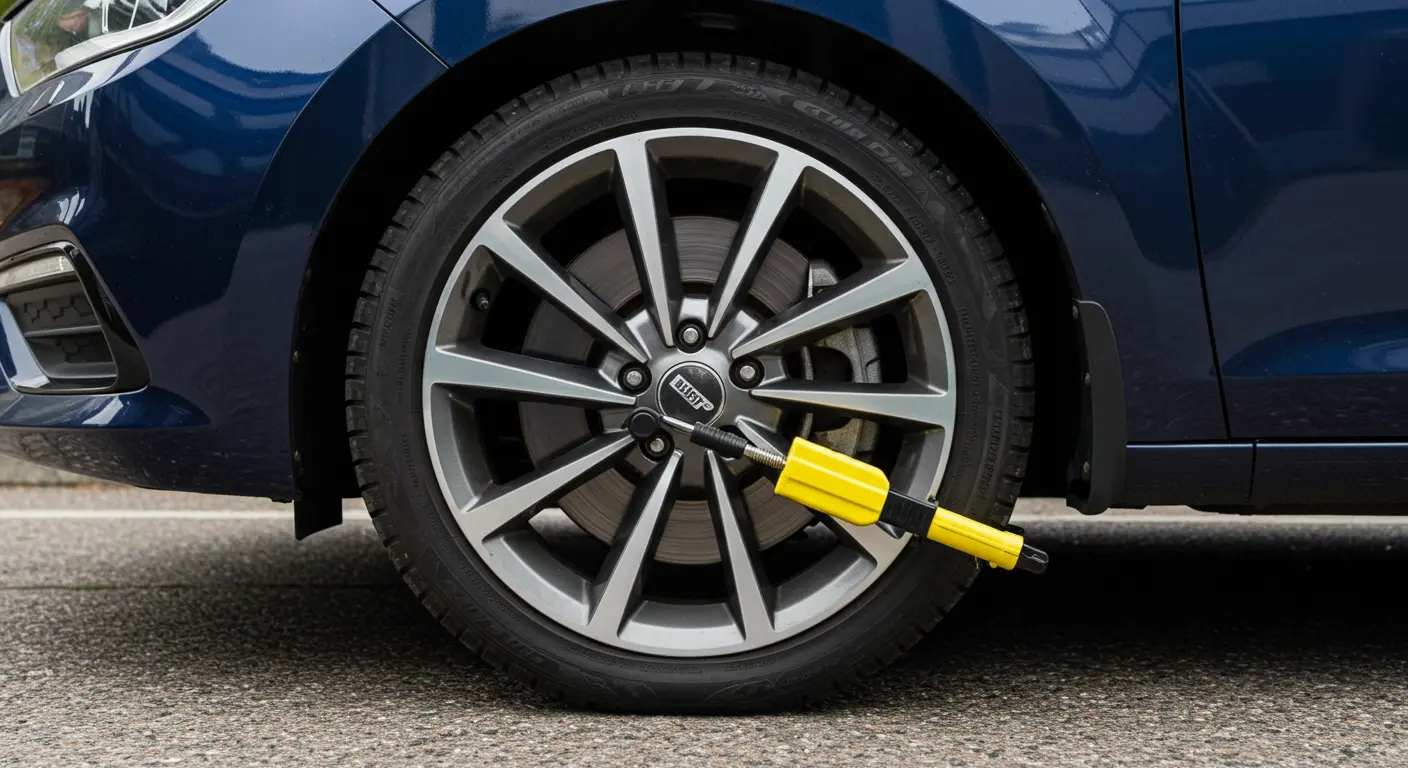
This marks a significant rise from 2021 levels, even though the number of unpaid fines has slightly declined.
The State Penalties Enforcement Registry (SPER) continues to recover debts. A SPER spokesperson stated:
"Speeding, failing to wear seatbelts and distracted driving are all contributors to lives lost on our roads and are all avoidable. Camera-detected fines are an important enforcement tool for making our roads safe."
Public Concerns Over Privacy
Civil liberties advocates remain concerned about the use of mobile phone detection cameras, urging the government to release findings from two privacy reviews. There are fears the cameras could capture "quasi-intimate" moments, sparking debates about the balance between enforcement and personal privacy.
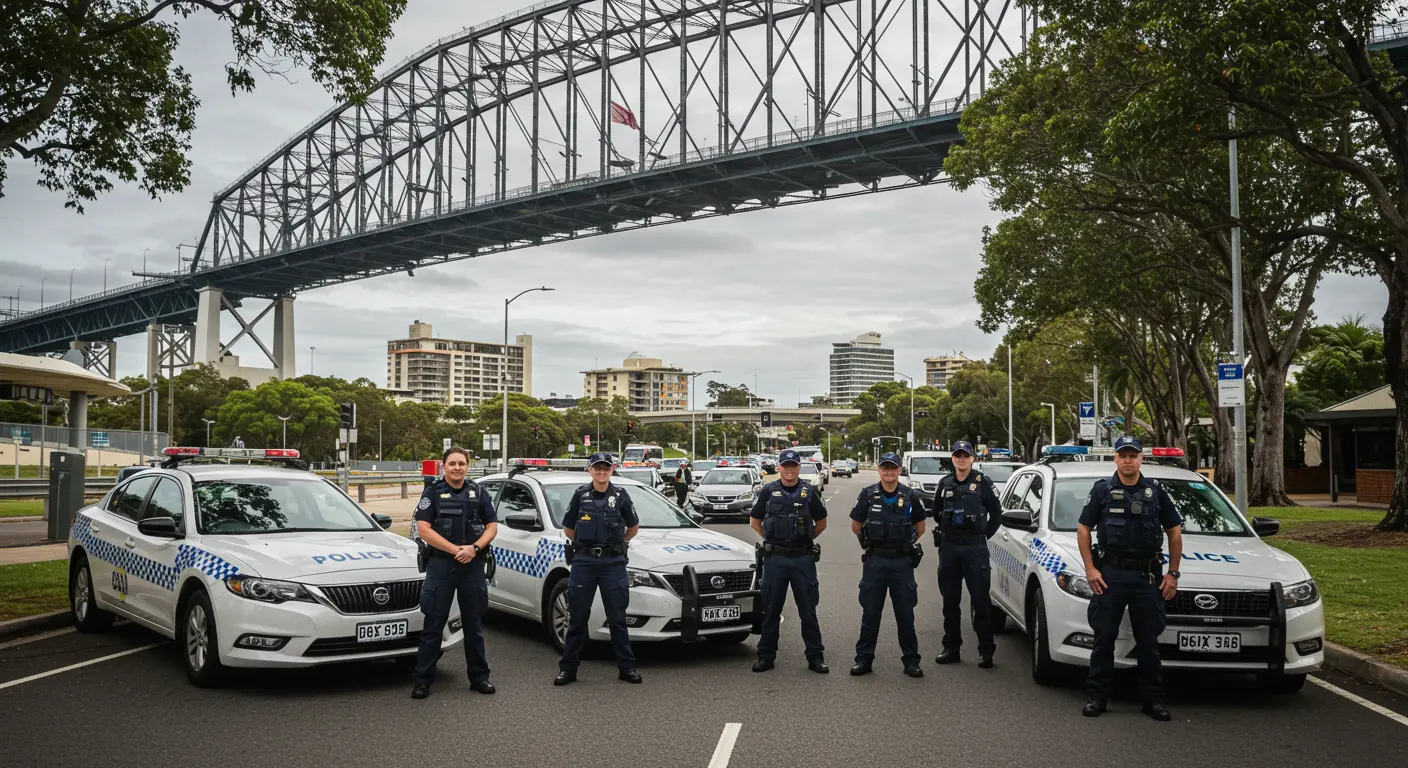
Context: A Pattern of Increases
This 3.5% fine increase follows larger rises in recent years:
- 7.7% increase in 2023–24.
- 4.2% increase in 2024–25.
Although this year's rise is smaller, the trend shows a continued push to tighten enforcement and boost compliance on Queensland roads.
The government insists the higher penalties are necessary to reduce the road toll and make the state’s roads safer for all users.

